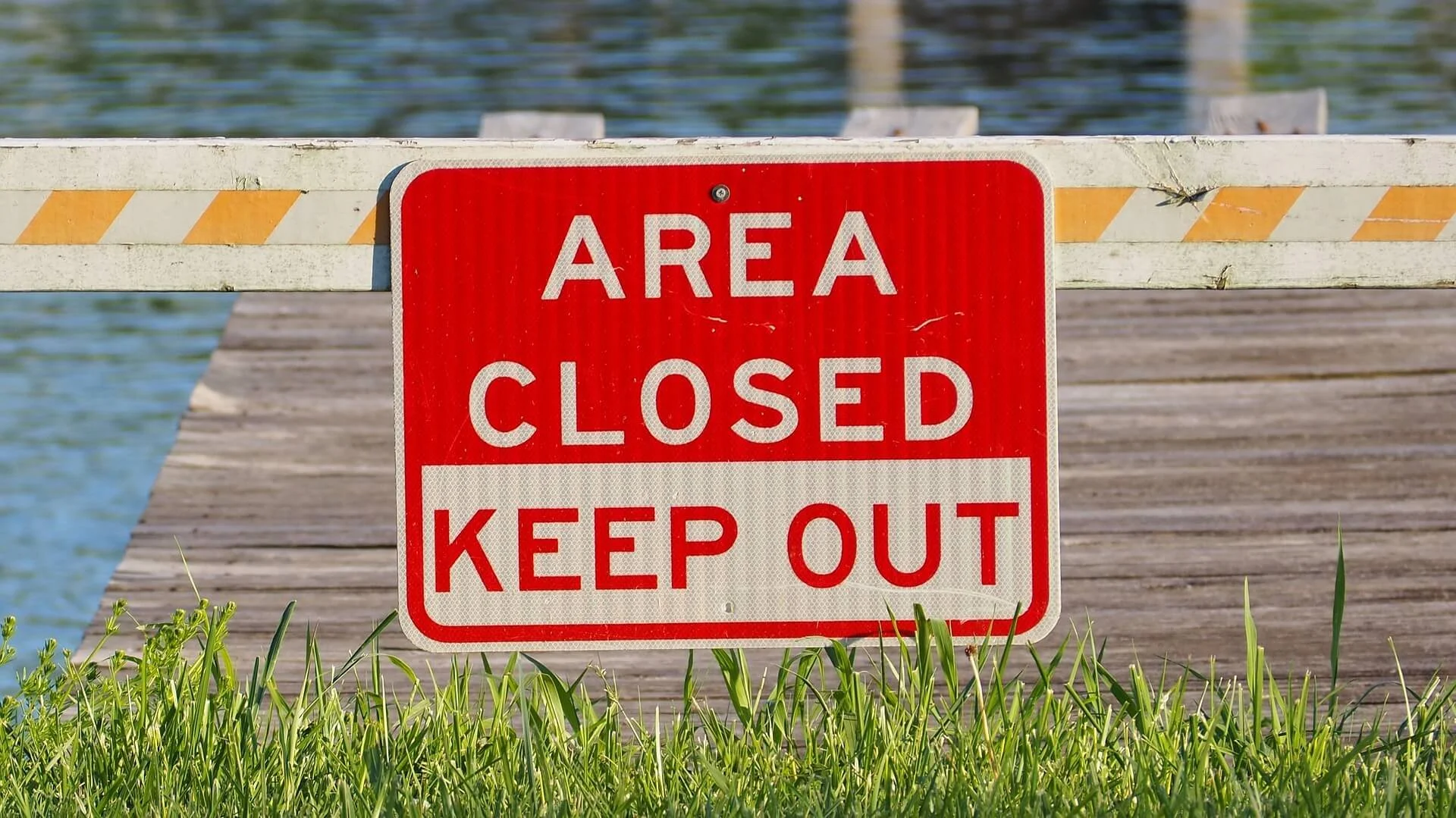Why are boundaries important and who benefits from them?
Taking a body-oriented approach is the most effective way of helping clients become aware of their boundaries and become more assertive in relationships. In sessions I help clients construct a physical representation of their boundary with a ball of wool or yarn, and sometimes an electrical cord. If you've attended any of my guest masterclasses or my webinar, then you may have seen me demonstrate this boundary exercise.
As well as a body-oriented approach, it's useful to have an explicit conversation about boundaries, especially with clients who find assertion difficult or don't understand the value or purpose of setting boundaries and limits.
You may want to ask them these questions:
"What kinds of situations do you want to say no to, but can't?"
"When do you find it easiest to say no?"
"How might people respond to you if you said no?"
(or "What might people think of you if you said no?")
"What might happen if someone got...[insert response here] when you said no?"
(or "What might happen if someone thought...[insert emotional response here] about you because you said no?"
Many clients find it helpful to hear an explanation about the purpose of a boundary. I remember when I first started seeing a psychotherapist and he talked about boundaries, I went home and Googled, "why are boundaries important and what are they good for?" Having a personal boundary was not taught to me or encouraged when I was growing up. Just a few years ago, when I said to my mother that I didn't want to have a conversation with her about releasing weight, she said, "I'm concerned about you, how am I going to talk to you about it then?" I had to explain to her that it was my right to not participate in a conversation that I didn't want to have. That the whole point of my saying no to a conversation was that the conversation was off limits. She gets it now. But she didn't then. No-one had taught her about boundaries either.
So what do I tell my clients is the purpose of a boundary in relationship?
I tell them that boundaries are for creating the conditions for more connection.
I tell them that making a boundary to keep someone away from them is allowed, but it's not a relational boundary. Specifically, it's not a boundary that wants to continue being in relationship, because it doesn't support staying in relationship. It supports disconnection.
So a good boundary, a healthy boundary, establishes rules and sets limits to create more safety so more intimacy and connection between people is possible.
Read more about working with clients here.
In my trauma resolution therapy group program for healers and neuro-sensitives, I teach methods to eliminate overwhelm and rewire patterns of protection, banish procrastination and self-sabotage and metabolize trauma that's holding back neurodivergent practitioners from thriving. All set within a safe container of shamanic wisdom practices.
Expansion Training for Healers is a 10-week group program for just 12 healers and neuro-sensitives - with plenty of individual support.
Doors are now open for the next round of Expansion Training for Healers, starting Tuesday 9th May, 2023.
If you're curious how healing and expanding your nervous system with a specialist in the nervous system can help you, book a co-regulation call to explore whether this trauma-informed training is for you.


